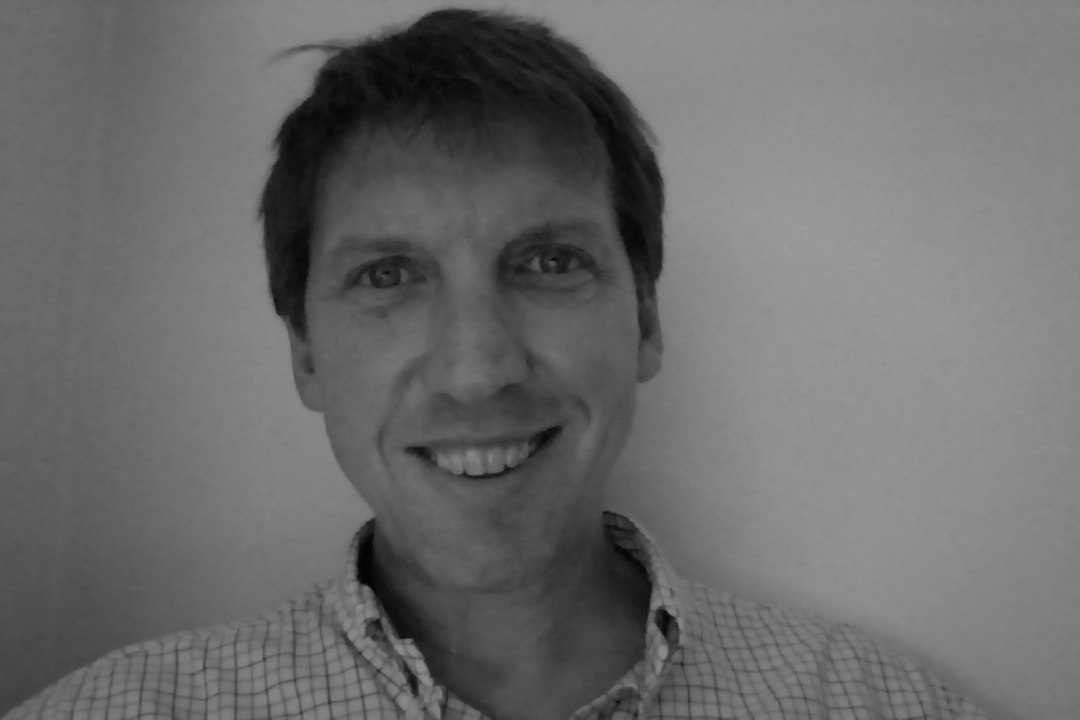
 By Rev. Matthew Tennant
By Rev. Matthew Tennant
On August 12 of this year, I was near the alt-right rally and ensuing counter-protest in Charlottesville, Virginia. I live in Charlottesville, a charming town typically known for its impressive academia. My home is just a few blocks away from Emancipation Park, the site that inspired controversy as it was formerly known as Lee Park. At the rally, neo-Nazis marched bearing swastikas and weapons — the smell of tear gas burned my eyes. As I sat on my bike and watched from a distance, I literally found myself caught between two sides — protesters and anti-protesters.
In the aftermath of that tragic day, a fellow Charlottesville resident named Heather Heyer is dead, and authorities have charged James Fields Jr. with second-degree murder for intentionally driving his car into a crowd and striking her.
On that hot August day, hatred seemed to burn in the city. Yet, there was also generosity and love, and some people tried to act as peacemakers.
As a pastor in Charlottesville, I thought carefully about how to respond to the upcoming events set to occur on August 12. Congregate C’ville called for 1,000 faith leaders to stage an anti-protest and provided nonviolent protest training. I thought about joining the action, but decided against it, as I believe giving attention to white supremacists elevates their platform. Another group, the Charlottesville Clergy Collective, planned a series of prayer services the week before August 12, with the intention of creating an atmosphere of peace. On August 8, University Baptist Church, where I serve as senior minister, held a harmonious prayer service that had male and female ministers from several traditions and ethnicities. But, we must ask,are the prayer services enough? Do people need to confront incipient racism in the public sphere? Or do I need to protect all free speech, including white supremacists who gather under the alt-right banner?
My faith implores me to accept people from different backgrounds, ethnicities and beliefs. But the free speech of the alt-right intimidates religious liberty, particularly as they target our Jewish brothers and sisters. In her reflections on the tragic day, Amanda Tyler wrote “how hateful rhetoric and violence targeting religious minorities is as much a threat to religious liberty as any law or Executive Order,” and noted that attempts to limit the religious freedom of others demands a response not just from our government officials, but from all of us.
Creating space for religious liberty is in the Baptist DNA, as evidenced in 1612 when Thomas Helwys wrote, “For men’s [sic] religion to God is between God and themselves. The king shall not answer for it… Let them be heretics, Turks, Jews, or whatsoever, it appertains not to the earthly power to punish them in the least measure.”
In the wake of the Charlottesville events, I learned that religious liberty and freedom of speech are fragile.
I am a proponent of healthy dialogue, having a conversation to discuss differences. I went to the rally because I wanted to say something against the alt-right, but sadly, my presence accomplished nothing. The hate group still hates. The answer seems to be somewhere in the words of the one who said, “Blessed are the peacemakers.”
What can we do now? We can continue to engage in radical hospitality and inclusion. We can continue dialogue, look for opportunities to protect religious liberty, seek justice and ultimately, “love our enemies and pray for those who persecute us.”
The Rev. Matthew Tennant is the senior minister of University Baptist Church and visiting professor of philosophy of religion at L’Université Chrétienne du Nord d’haiti.
For more on the events and aftermath, read an account from Alan Zimmerman, president of Congregation Beth Israel and a reflection from BJC Executive Director Amanda Tyler.




